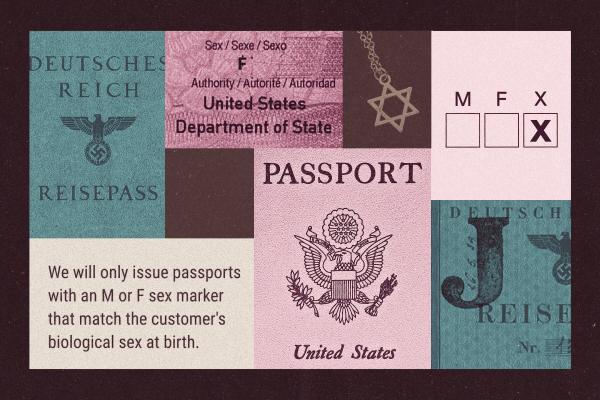"What did I just watch?" That’s the question that’s likely to hang in the air after you see the new film Sorry to Bother You, a trippy, bananas satire from debut filmmaker and hip-hop artist Boots Riley. The movie includes, among other things, elements of magical realism, a worker enslavement scheme lifted straight from Alejandro Jodorowsky’s The Holy Mountain, and an insane third-act twist that takes a hard turn into Get Out territory. It’s a strange, sometimes overwhelming viewing experience.
Yet the topics that Sorry to Bother You covers — code-switching, poverty, cultural complacency, a news cycle powered by soundbites — are not new. They’ve been problems for decades. This is what makes Sorry to Bother You an effective satire for this particular cultural climate, which itself seems to be defined by the question “what did I just watch?” While we try to live into the call to make a better world, each new headline reminds us just how broken the system is and how broken it has always been. Riley’s cram-packed cinematic Molotov cocktail is an oddly accurate exploration of our strange, angry times.
The movie’s protagonist is Cassius “Cash” Green (Lakeith Stanfield). Cash lives in his uncle’s garage with his artist girlfriend, Detroit (Tessa Thompson), and is desperate to get a job so they can move out. He finds employment at a telemarketing company called RegalView, where he struggles to make any sales until his co-worker, Langston (Danny Glover), tells him to use his “white voice” (overdubbed here by a cheerfully nasal David Cross). Tapping into his uncanny abilities brings Cash massive success. As he starts rising up the ranks, his co-workers, led by agitator Squeeze (Steven Yeun), start striking for fair pay.
Cash breaks the picket line to become an elite “Power Caller,” and learns he’s moved from selling encyclopedias to selling labor through WorryFree, a shady corporation that encourages people in dire financial straits to sign a lifetime labor contract in exchange for bunk housing and terrible meals. A meeting with the company’s CEO (Armie Hammer) at a party takes Cash even further down the rabbit hole. Without spoiling the film’s truly surprising twist, what Cash discovers is a surreal take on the way corporate America sees unskilled labor and the way that culture at large sees people of color.
There’s a lot going on thematically in Sorry to Bother You. Cash has to deal with the indignity of trading success for being his authentic self. As an artist, Detroit also struggles with selling out — she, too, has a “white voice,” but instead of selling a product, she’s using it to sell herself. The news media covering the RegalView strike is addicted to easily-repeated clips rather than the whole story, as when a protester who throws a can of cola at Cash becomes famous when the incident goes viral. Our willingness to laugh at rather than empathize with the struggles of others is also displayed through a popular game show called “I Got the S**t Kicked Out of Me,” where contestants get beaten up and dunked in excrement.
It’s a lot to take in and the movie occasionally suffers from a lack of cohesion because of its jumpy nature. But there is a unifying connection between all these themes — a sense of frustration and absurdity that applies directly to the way many of us feel about the world right now. The actual story beats of Sorry to Bother You are absurd and ridiculous, but crucially, they’re never that far off from reality. People of color don’t have overdubs, but code-switching to a subtler degree happens all the time. Workers who do some of our most thankless, physically demanding jobs are treated little better than animals, with unfair wages that keep them trapped in an inescapable cycle of poverty.
Sorry to Bother You has the good sense to end on a note of empowerment rather than one of exhaustion, reminding us that if we start paying attention, and are willing to push through ambivalence and humiliation to get our message across, justice can prevail. But it’s also a slap in the face, pointing out how our inability to see past ourselves has led us to the extreme place we find ourselves in now. Sorry to Bother You is wild and over-the-top. But like all good satire, the paths it takes are still recognizable. Boots Riley is always pointing the finger right back at us.
Got something to say about what you're reading? We value your feedback!







